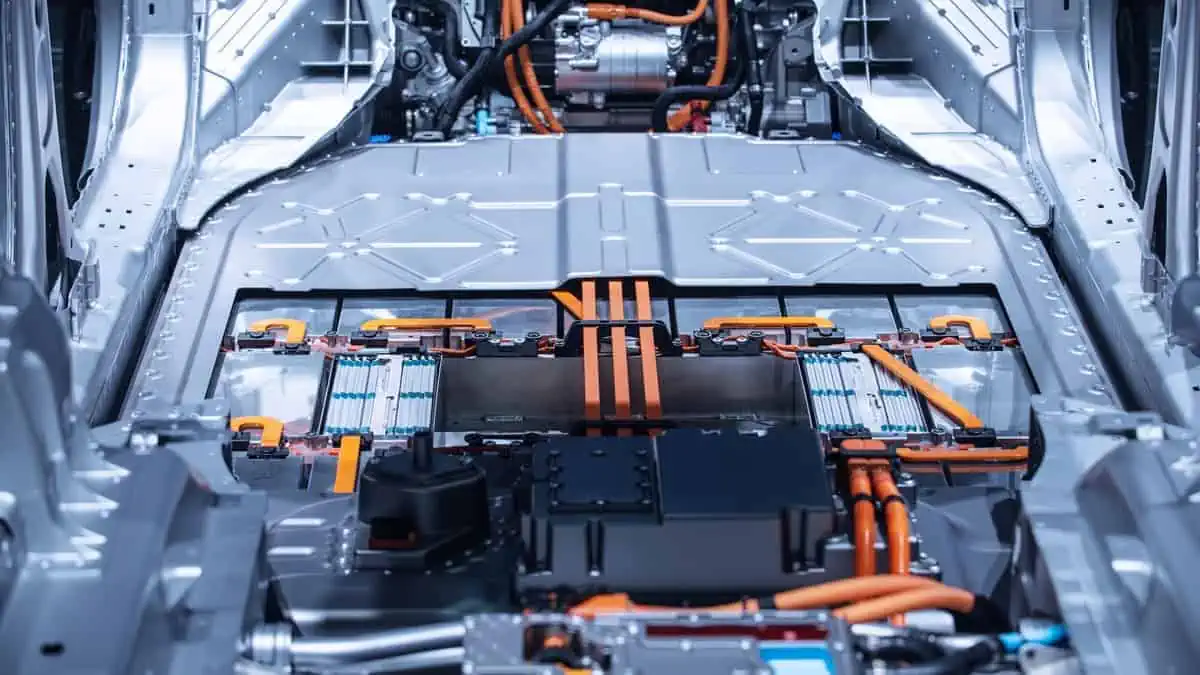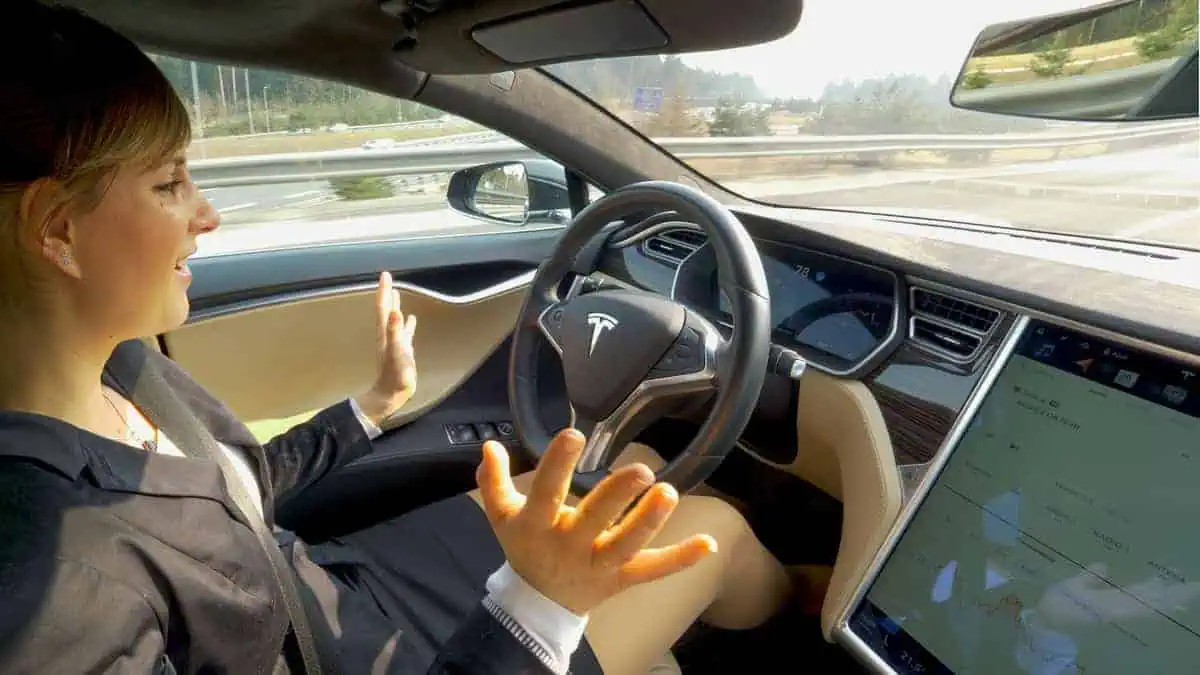Swedish battery developer Northvolt AB officially broke ground at its upcoming battery gigafactory in Heide, Germany, on March 25, 2024, following the European Union’s move to loosen its rules around state aid.
Nortvolt starts construction of its new German factory
According to the press release, Northvolt AB kicked off the construction of the $5.4 billion (€5 billion) Northvolt Drei battery gigafactory in northern Germany on Monday.
The project reportedly secured more than €900 million ($975 million) in handouts and guarantees from Germany, enabling the region to win the project over the United States.
Chancellor Olaf Scholz announced that the Northvolt Drei will aid the country’s future as Europe’s “manufacturing base.”
“Investments such as that of Northvolt are of strategic importance for our country and for Europe. Germany was, is, and will remain a country with a strong manufacturing base. And the production of good cars beyond the combustion engine continues to form the backbone of our industrial sector. For that, we need battery cells made in Germany, made in Europe. It is therefore good news for our entire country that, here in the north, battery cells produced in a climate-friendly way will be manufactured for one million cars a year in the future.”
Olaf Scholz, Chancellor of Germany
Northvolt Drei project
The Northvolt Drei battery gigafactory will use renewable energy from wind power to support the company’s goal of mass producing the “world’s greenest batteries for the automotive, industrial and energy sectors.”
It is expected to generate approximately 3,000 jobs with a maximum production output of 60 GWh annually.
“Heide feels like home to us – and if you’re looking for a mission that’s more than a job, in the region with the highest quality of life in Germany, come join us.”
Peter Carlsson, CEO and Co-Founder of Northvolt
Northvolt AB plans to start the factory’s initial operation as early as 2026. This significant development was made possible by the EU’s decision to loosen its rules on countries offering subsidies to better compete with the US last year.






